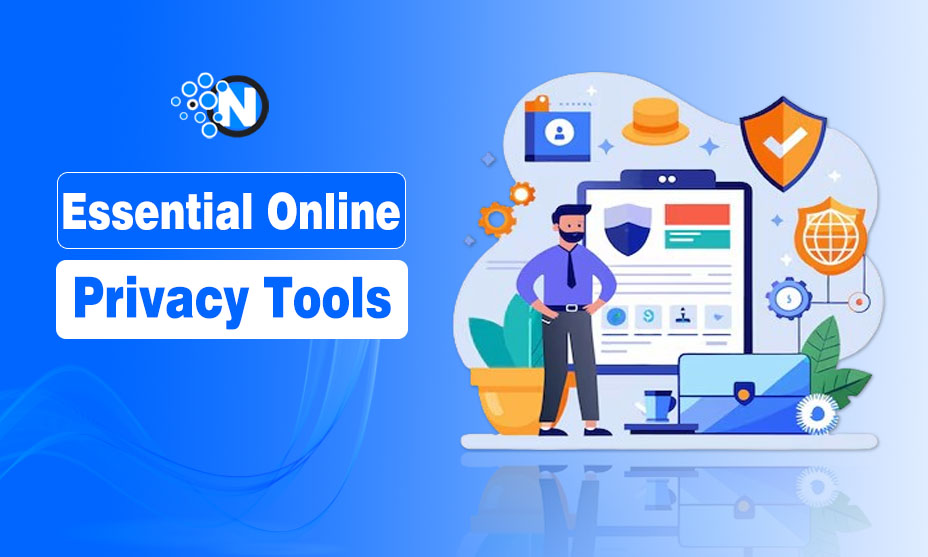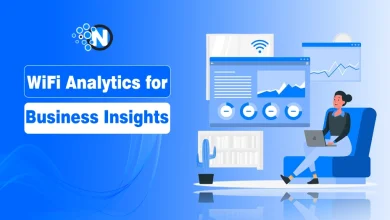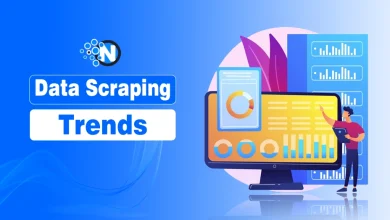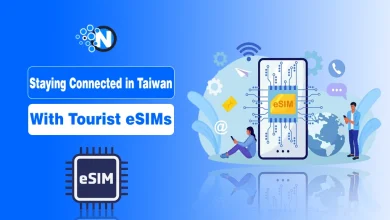Essential Online Privacy Tools Every Digital Marketer Should Know

Everyone, even digital marketers, takes precautions to protect their privacy when using the internet. Personal and professional information can be safeguarded with the correct knowledge of the appropriate instruments. All digital marketers should be familiar with the privacy technologies discussed in this article.
As a digital marketer, your online presence is both your greatest asset and your biggest vulnerability. Navigating the internet without proper privacy tools can expose you to various risks, from data breaches to unauthorized tracking. This guide aims to equip you with the knowledge of essential online privacy tools that can safeguard your information while enhancing your marketing efforts.
Essential Online Privacy Tools
I have enlisted four categorically needed tools that one should have for online privacy and security.
1. Virtual Private Networks (VPNs)
You’ve surely heard the term VPN before. But, what does it mean? One of the foundational tools for maintaining online privacy is a Virtual Private Network (VPN). VPNs create a secure connection between your device and the internet, masking your IP address and encrypting your data. This means that even if someone intercepts your internet traffic, they won’t be able to decipher it. Many VPN services offer features such as automatic kill switches and DNS leak protection, further enhancing your security.
For digital marketers, using data center proxies in conjunction with a VPN can provide an added layer of anonymity. By routing your traffic through multiple servers, these proxies make it incredibly difficult for anyone to track your online activities back to you. This combination is particularly useful when conducting market research or managing multiple client accounts across different regions.
It’s important to choose a reputable VPN provider that offers strong encryption standards and a no-logs policy. Reputable providers ensure that your browsing history isn’t stored or shared with third parties, giving you peace of mind while you work online.
Furthermore, VPNs can be instrumental in protecting sensitive client data when working remotely. As digital marketers often handle confidential information such as customer databases, campaign analytics, and proprietary strategies, using a VPN ensures that this data remains encrypted even when connecting to public Wi-Fi networks.
This level of security is essential for maintaining client trust and complying with data protection regulations like GDPR or CCPA. Additionally, some VPN services offer dedicated IP addresses, which can be beneficial for marketers who need to access geo-restricted platforms or maintain consistent access to certain tools without triggering security alerts.
2. Password Managers
In today’s interconnected world, it’s easy to accumulate dozens of passwords for various platforms and services, you surely know the drill already. Using weak or repetitive passwords can make you an easy target for cybercriminals. A password manager securely stores all your passwords in an encrypted vault. This further generates strong, unique passwords for each account without the need to remember them all.
Password managers not only save time but also enhance security by reducing the risk of password-related breaches. Many password managers come with additional features such as auto-fill capabilities and secure sharing options for team collaboration. When selecting a password manager, look for one that offers multi-factor authentication (MFA) for an extra layer of protection.
MFA requires you to verify your identity through multiple methods before granting access to your accounts, significantly reducing the risk of unauthorized access.
Further strengthening security can be achieved by the use of passwordless authentication, which facilitates identity verification without the need for passwords alone.
Digital marketers often manage multiple client accounts across various platforms, making password managers particularly crucial. These tools can be configured to automatically log you into different accounts without compromising security.
3. Secure Email Providers
Email communication is a vital part of any digital marketer’s toolkit, but standard email services often lack strong data security measures. Secure email providers offer end-to-end encryption, ensuring that only you and the intended recipient can read the messages. This type of encryption protects sensitive information from being intercepted by malicious actors.
Many secure email services also provide additional features such as self-destructing messages and anonymous email addresses. These features are particularly useful for marketing campaigns that require high levels of confidentiality or when dealing with sensitive client information. Choosing a secure email provider with a strong reputation and transparent privacy policies is crucial.
For digital marketers handling large email campaigns, secure email providers offer advanced features that go beyond basic encryption. These may include email tracking prevention, which stops senders from knowing when you’ve opened an email, and digital signatures to verify the authenticity of your communications.
4. Privacy-Focused Browsers
The browser you use can significantly impact your online privacy. Traditional browsers often track your activities and share this information with advertisers. Privacy-focused browsers are developed to minimize tracking by blocking cookies and other tracking technologies, providing a more secure browsing experience.
Browsers like Firefox Focus and Brave are popular choices among privacy-conscious users. These browsers come with built-in ad blockers and tracking protection features, ensuring that your browsing history remains private. Additionally, they often support extensions that further enhance your online security.
Using a privacy-focused browser can also improve page load times by reducing the number of ads and trackers that need to be loaded. This not only enhances your browsing experience but also reduces data usage, which is particularly beneficial when working on mobile devices.
Final Words
Privacy is the foremost priority of every business that is dealing online with its customers. VPNs, password managers, secure email providers, and privacy-focused browsers can protect your data and boost your marketing.
Your internet security shows your professionalism when you use these strategically. Security builds confidence with clients and customers. It is better to adopt these tools as part of your marketing arsenal to confidently navigate the digital world.




